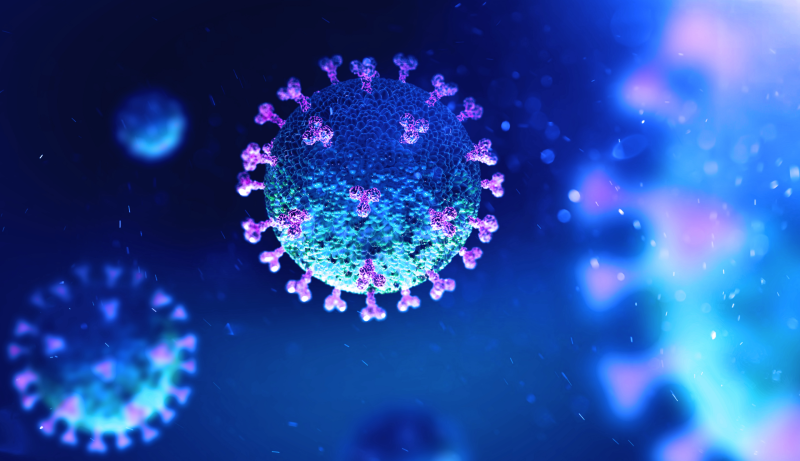After less than 100 days since the first confirmed case of Covid-19 in the country, New Zealand has announced that it is free of new infections and has lifted all social distancing restrictions. New Zealand’s first confirmed case of Covid-19 was reported on 28 February 2020, and no new cases have been confirmed as of 22 May 2020.
Figure 1: New Zealand, Total Confirmed Cases of Covid-19, Men and Women, All Ages, January–May 2020

Source: GlobalData; Johns Hopkins CSSE, 2020
New Zealand’s aggressive approach to curbing the spread of coronavirus has proven to be a very effective strategy as the country has had no new Covid-19 cases in more than two weeks. The first case was confirmed on 28 February 2020, and by 25 March the country was in a level four lockdown. This is the strictest lockdown level, with only limited exercise and essential work being allowed outside of the home. Additionally, New Zealand had one of the highest testing rates in the world, allowing cases to be rapidly identified and contained. Cases continued to rise for the next two weeks, but the results of the extensive isolation measures proved to be effective, as new cases had dropped considerably by 15 April and continued to plateau until the final new case was confirmed on 22 May 2020.
Figure 2 presents the number of new cases of Covid-19 in New Zealand from 22 January 2020 to 7 June 2020.

US Tariffs are shifting - will you react or anticipate?
Don’t let policy changes catch you off guard. Stay proactive with real-time data and expert analysis.
By GlobalData
Source: GlobalData; Johns Hopkins CSSE, 2020
New Zealand is an island nation with a population of fewer than five million people and one of the lowest population densities in the world. This allowed social isolation measures to be undertaken swiftly. As Covid-19 continues to spread globally, New Zealand has set an example for the rest of the world on how this crisis should have been handled. In contrast, the Covid-19 pandemic was first identified in the US at least one month earlier than in New Zealand, and in many states, the number of new cases continues to rise with little indication of slowing.
New Zealand is set to reopen the country, allowing for people to return to work, school, and to socialise, but intends to retain a ban on foreign travel and advise that citizens continue to wear masks in public. The country has weathered the first wave of this pandemic well, but a reintroduction of the virus into the island nation could cause an immediate surge due to the potentially limited immunity in the population.





